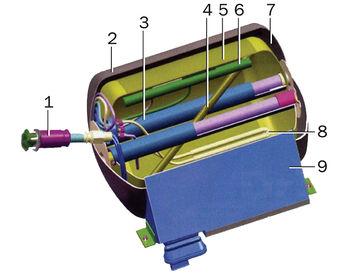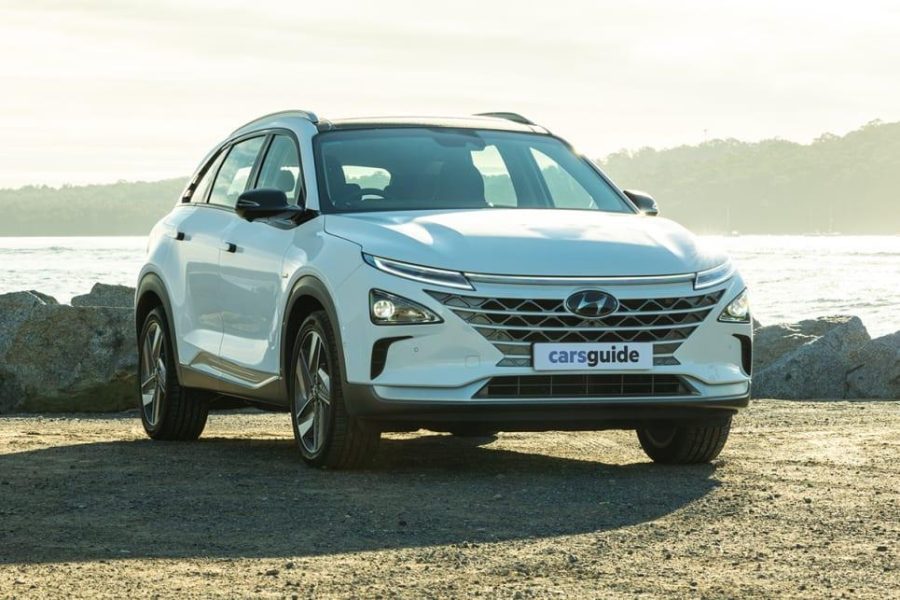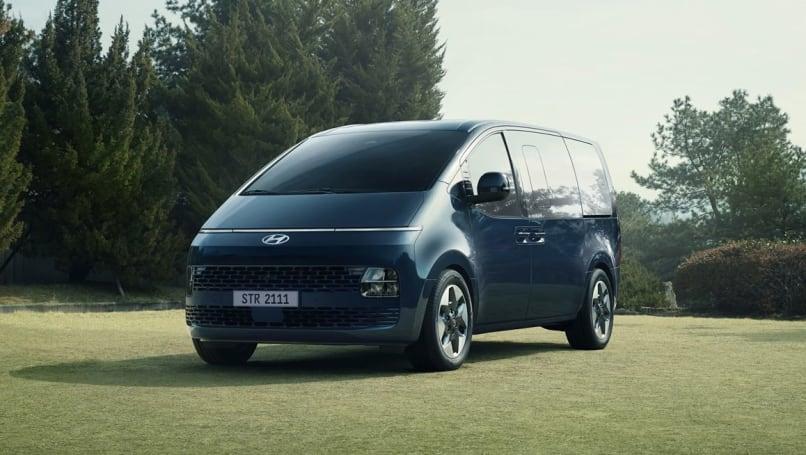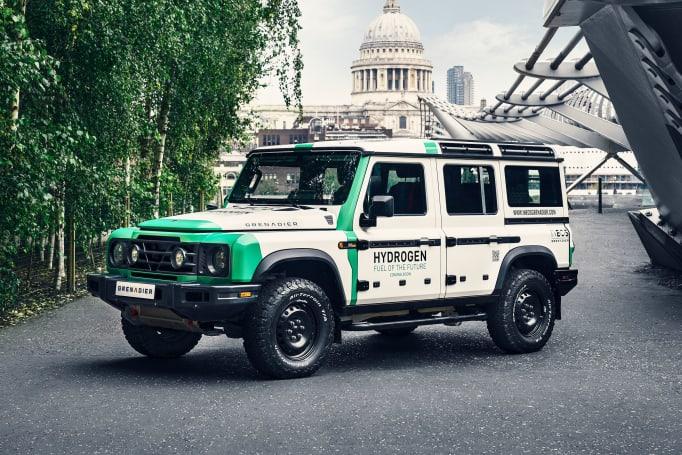
Is hydrogen the future of every popular Hyundai? Why Next-Generation Flexible Fuel Cells Will Help Keep Combustion Platforms Running

Hyundai explained that its next-generation "flexible" hydrogen fuel cells will help it keep internal combustion platforms alive.
It's no secret that Hyundai is hard at work on hydrogen fuel cell (FCEV) technology, looking to convert combustion engine vehicles to their new FCEV powertrains when needed.
Along with announcing earlier this year that the Hyundai Group will aim to turn South Korea into the "world's first hydrogen society," the brand also shared plans for the next-generation Nexo to be accompanied by two new 100kW and 200kW FCEV units.
These next-generation batteries will be built at two new plants, nearly quadrupling the annual number of fuel cells. But beyond replacing the Nexo, what does this mean for Hyundai's lineup?
After the brand announced that it would create a hydrogen-powered version of the Staria passenger van, we asked the Australian division if they had seen other models in the line convert so easily.
After all, the Staria is still traditionally powered by either the widely used 3.5-litre V6 petrol engine or the 2.2-litre four-cylinder diesel engine, which suggests that most cars with either of those transmission options and on existing combustion platforms could theoretically convert to FCEV.
Chris Saltipidas, head of local brand product planning, said: "These next generation stacks will be available in future models, but there is so much flexibility in how they fit current vehicles with the ICE platform."
 The hydrogen fuel cell version of the Staria in development opens the door to other FCEV variants of modern internal combustion vehicles.
The hydrogen fuel cell version of the Staria in development opens the door to other FCEV variants of modern internal combustion vehicles.
In fact, existing combustion platforms will be the backbone of the Hyundai brand entering the era of electric vehicles, and Mr. Saltipidas clarified the difference between standard Hyundai and the Ioniq series, stating that “all Ioniqs will be e-GMP compliant in the future, while Hyundai will on electrified ICE platforms, Ioniq will not replace the Hyundai brand.”
FCEV technology could theoretically be replaced by internal combustion engine vehicles because its core components are very similar to those of a hybrid vehicle. The combustion power source can be replaced by a similarly sized fuel cell, fuel tanks can be replaced by high pressure tanks, and the buffer battery used for regenerative braking and to transfer power from the fuel cell to the wheels need only be a hybrid size to help reduce weight and simplify packaging .
In fact, to showcase the "flexibility" of the brand's fuel cell technology, it was recently announced that Hyundai would be working with global chemical company Ineos on a version of its long-awaited Grenadier FCEV SUV.
 A future version of the Ineos Grenadier will use Hyundai's FCEV powertrain instead of BMW's conventional inboard engines.
A future version of the Ineos Grenadier will use Hyundai's FCEV powertrain instead of BMW's conventional inboard engines.
At launch, the Grenadier will be powered by a BMW powertrain, but paired with Hyundai, the FCEV version will arrive sometime in 2023 or later, with testing starting in 2022.
Ineos cites the weight advantages of the FCEV system over battery electrification. This makes it ideal for off-road, cargo hauling and long-distance travel. Ineos also notes its advantage as a hydrogen producer.
Genesis, Hyundai's own luxury brand, announced its plans to transition to electric vehicles and FCEVs by 2030 alone, showing off the FCEV concept of its GV80 large SUV, which currently runs on conventional engines.
Although Hyundai has not yet had any further hydrogen plans for Australia, the company noted that the test program for Nexo vehicles used by the ACT government has been successful, citing "really positive feedback".
Hyundai's global hydrogen chief Sae Hoon Kim has also stated in the past that he believes "Australia will have the cheapest hydrogen in the world" due to our potential to use and store solar energy.
